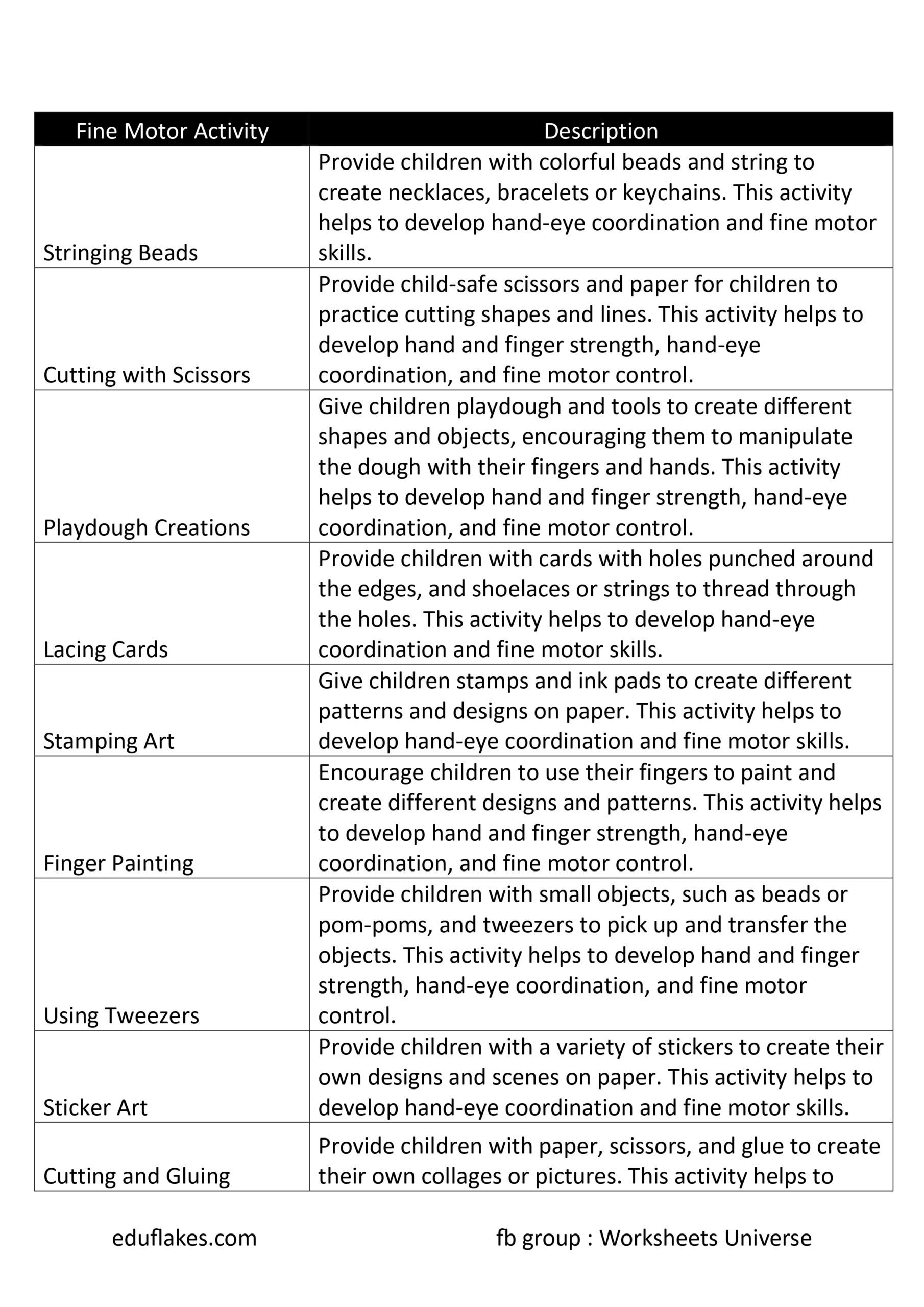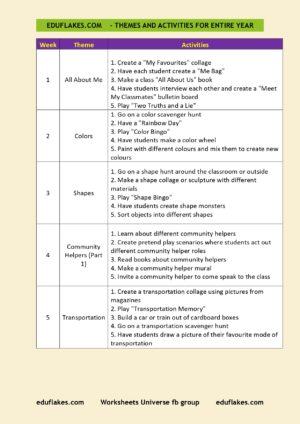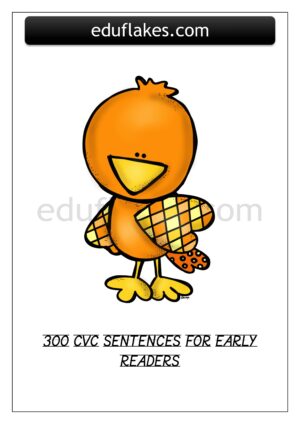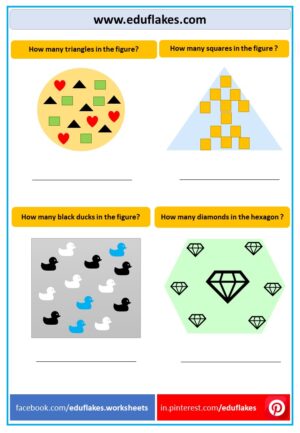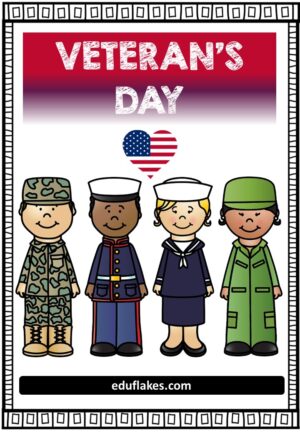Fine motor activities are physical tasks that involve the use of small muscles in the hands and fingers, such as picking up small objects, using scissors, and coloring. These activities help to develop the strength and coordination of the small muscles in the hand and wrist, which are essential for performing many everyday tasks, such as writing, buttoning clothes, and using utensils.
In kindergarten, fine motor activities play an essential role in the development of children’s overall motor skills. At this age, children are still learning how to use their hands and fingers effectively and efficiently. Fine motor activities help to promote this development by allowing children to practice using their fingers and hands in different ways, building strength, dexterity, and coordination. Additionally, fine motor activities can help to improve hand-eye coordination, as children learn to coordinate their movements with what they see.
One of the main benefits of fine motor activities is that they can help to prepare children for writing. Writing requires the use of fine motor skills, including the ability to hold a writing utensil and make small, precise movements. Through activities such as coloring, cutting, and drawing, children can practice these skills and develop the hand strength and coordination necessary for writing.
Another benefit of fine motor activities is that they can help to promote cognitive development. Many fine motor activities require children to use their brains in different ways, such as problem-solving and planning. For example, when using scissors, children must plan where to cut and how to hold the scissors. This type of cognitive development can be particularly helpful for children who struggle with other types of academic tasks, such as reading or math.
Fine motor activities can also help to develop social skills. Many fine motor activities can be done in groups, which can help children to learn to share, take turns, and work together. Additionally, fine motor activities can help to build self-esteem and confidence, as children learn new skills and see the progress that they are making.
In summary, fine motor activities are essential for kindergarten students because they help to develop the small muscles in the hands and fingers, which are necessary for performing many everyday tasks, such as writing and using utensils. These activities also promote cognitive development, social skills, and self-esteem. By providing children with a variety of fine motor activities, teachers can help to promote the overall development of their students and set them up for success both in and out of the classroom.




